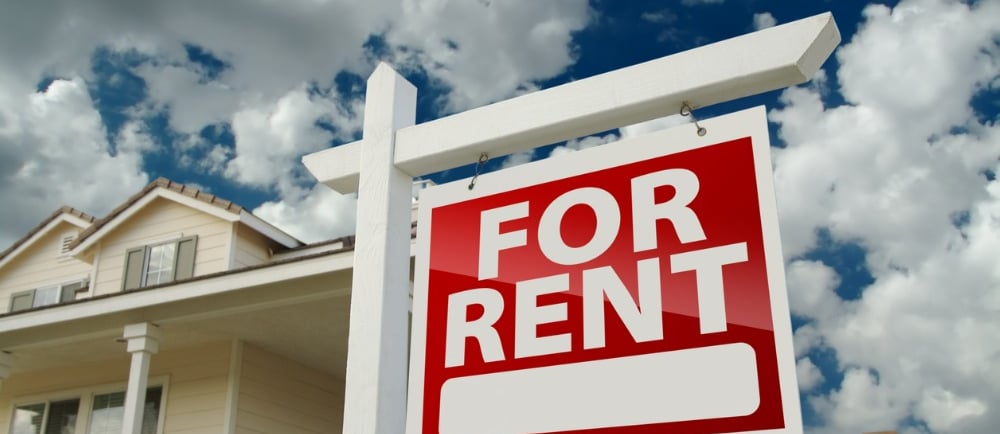new clients - Students/seniors $35 - Corp tax filing starts $800 - install app
Renting Out Your Home in Canada? Here’s What You Need to Know About Taxes
Considering renting out your house, condo, or basement suite? You're not alone. With rising housing costs, many Canadians are converting their principal residences into income properties. However, it's important to remember the CRA’s tax rules. Failing to comply could lead to unexpected taxes liabilities.
8/22/20253 min read


Thinking about renting out your house, condo, or basement suite? You’re not alone. With high housing costs, more Canadians are turning their principal residences into income properties. But here’s the catch: the CRA has rules, and missing them can mean paying tax you didn’t expect.
Let’s break it down.
Who Qualifies for the 45(2) Election?
The subsection 45(2) election is a powerful tax tool, but not everyone qualifies.
You qualify if:
You lived in the property as your principal residence first.
Later, you convert it to a rental property.
You don’t claim depreciation (CCA) on it while it’s rented.
You do not qualify if:
You buy the property as a rental from day one.
You never lived in it yourself.
In that case, it’s considered a straight investment property, and no principal residence exemption applies.
Quick Examples
Qualifies: You bought a condo in 2020, lived there until 2025, then rented it out. You can file 45(2) and still claim it as principal residence for up to 4 more years.
Doesn’t Qualify: You bought a townhouse in 2025 and immediately rented it out. Since you never lived there, you cannot file 45(2).
Situation 1: You Rent Out the Whole Home (Move Out Completely)
If you move out and rent your property fully, the CRA considers this a “change in use.”
Normally, this triggers a deemed sale at fair market value on the day you start renting.
That means capital gains could be taxable right away if your home increased in value.
Tax Tip: File the 45(2) election with CRA. This lets you:
Defer the deemed sale (no tax bill now).
Keep claiming your home as your principal residence for up to 4 more years while renting.
Situation 2: You Rent Out Part of the Home (e.g., Basement Suite)
Good news — if you still live there, you usually don’t trigger a full change in use.
You only pay tax later on the portion that was rented (based on square footage/time).
You can still deduct rental expenses like utilities (split by use), insurance, and maintenance.
Tax Tip: Keep good records of what’s personal vs. rental use. CRA may ask for proof.
Situation 3: You Rent for Short-Term (1–4 Years)
Maybe you’re working out of town or testing the rental market.
With the 45(2) election, you can still claim the property as your principal residence for up to 4 years, even while renting it out.
No immediate capital gain triggered.
Tax Tip: If you move back in later, the clock resets — so you can potentially extend the benefit even longer.
Situation 4: You Rent Long-Term (5+ Years)
If you rent beyond 4 years without moving back in:
The first 4 years can still be principal residence (if you elected 45(2)).
After that, CRA will tax the capital gain for the extra years.
Example:
Bought in 2015 for $400,000.
Start renting in 2025 when FMV = $700,000.
Sell in 2031 for $850,000.
With 45(2): you only pay tax on 2 years of gain (2030–2031).
Without 45(2): you’d trigger a deemed sale in 2025, possibly owing tax right away.
Situation 5: Short-Term Rentals (Airbnb/VRBO)
Even if you only rent for a few weeks, CRA wants to see the income.
Report it on your tax return (Form T776).
Expenses can be deducted, but only for the rental period.
Tax Tip: If you’re mixing personal and rental use (Airbnb your cottage, for example), prorate expenses carefully.
Action Steps if You’re Thinking About Renting
Check if you qualify for the 45(2) election (you must have lived in the home first).
Decide if you’ll file the election if renting out the whole property.
Track fair market value of your home the day you start renting — you’ll need this for future tax reporting.
Report rental income and expenses every year (Form T776).
Update your insurance from homeowner to landlord coverage.
Check your mortgage & city bylaws — some lenders and municipalities have rules on rentals.
Final Tax Tip
Renting your home can be a smart move — but the tax rules can cost you thousands if you don’t plan ahead. Filing the right election, tracking expenses, and knowing the timelines (4 years vs. 5+ years) are the keys to keeping more money in your pocket.
Thinking about renting your home? Talk to a tax professional TiKi Tax before you hand over the keys. A little planning today saves a lot of tax tomorrow.
Services
Personalized tax preparation and consulting for all.
Location:
Support
email: info@tikitax.com
Phone:(+1).236.788.7799
© 2024. All rights reserved.
2339 HW 97, Kelowna, BC, Canada
145 Chadwick Ct Suite 220, North Vancouver, BC V7M 3K1
